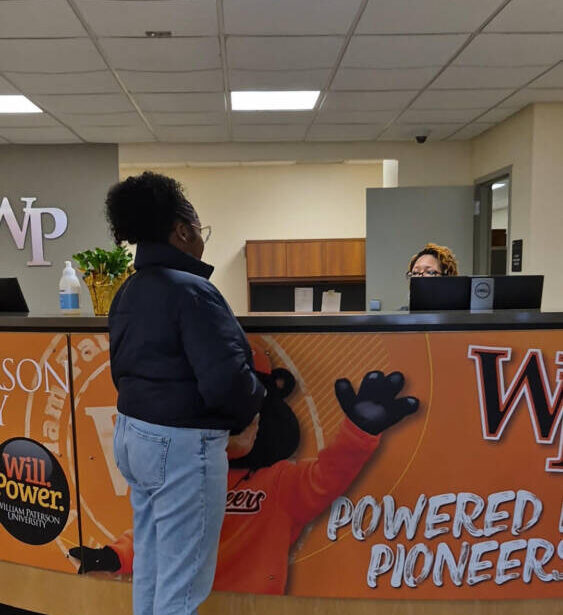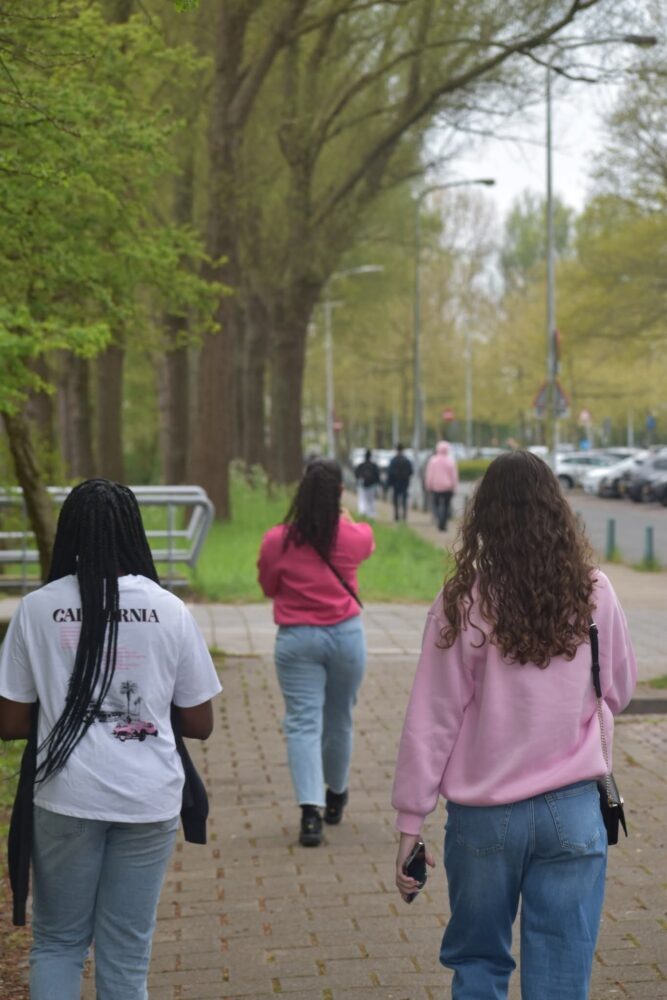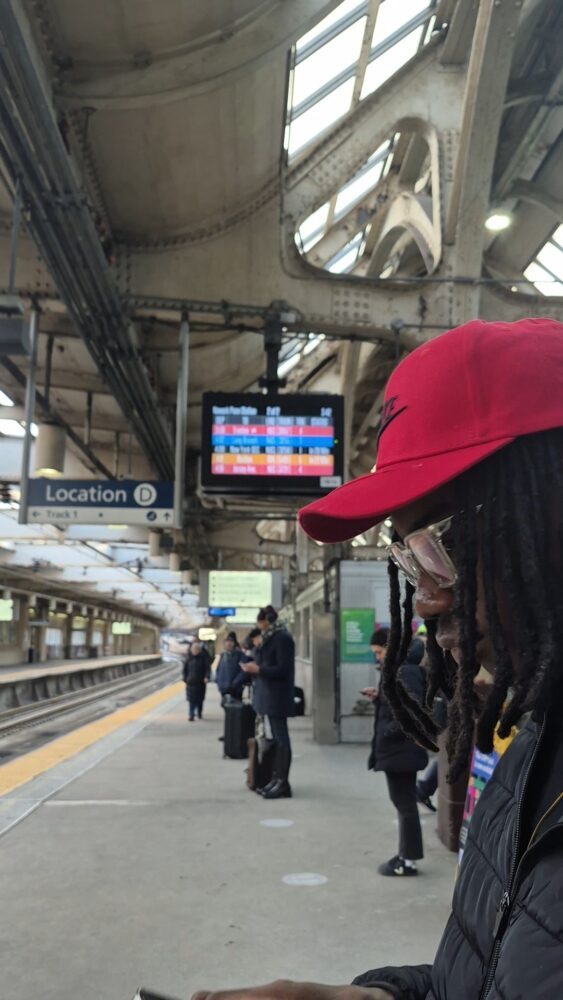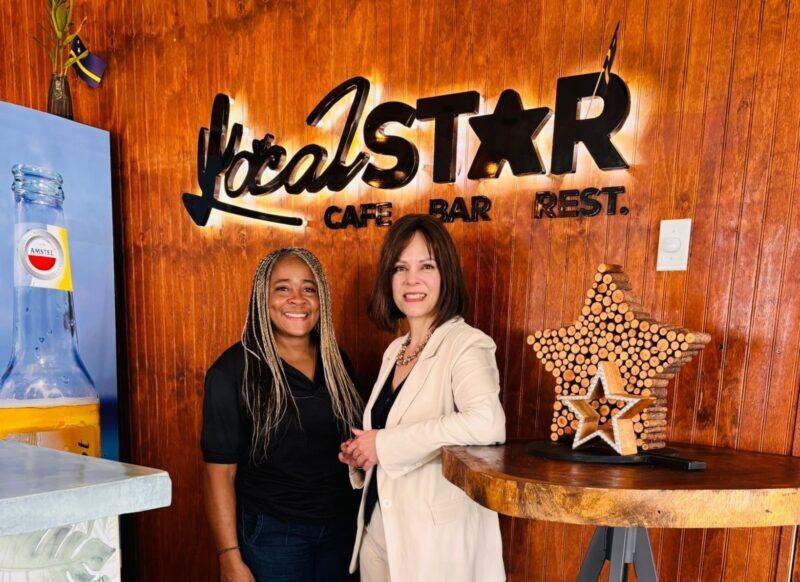KRALENDIJK – The media outlets on Bonaire recognize that they need help in order to improve to the quality of journalism on Bonaire. That much became clear during the celebration of the fifth anniversary of Caribbean Network on Bonaire.
“The media on Bonaire is good and adequate but I will be the first to say: we can do better. We would like to work together with the public broadcasting service to create a talent accelerator program. And we need funds to do this”, said Bubui Cecilia of Bon FM, one of the panelists.
The other panelists that evening – Boi Antoin of Extra Bonaire, Ahmed Ayubi of Live 99FM, and Wim Romeijn of Amigoe Bonaire – are all open to the idea.
‘You have to make a living’- journalist Bubui Cecilia
The venue filled with the public, communication specialists, and lieutenant governor Edison Rijna endorse the idea because a majority of them (6 of the 45 individuals present) are not happy with the press. They want more in-depth stories and wish that journalists would ask the hard questions.
Silvia de Leon admitted that she has a hard time asking the tough questions: “When state secretary Raymond Knops was visiting last time, I had a hard time asking the tough questions because I’m not properly trained.”
The panelists understand the wishes of the public for in-depth journalism but said it’s hard to make it a reality due to time constraints. “And you have to make a living”, says Cecilia.
If a separate public broadcasting service is needed for Bonaire to provide news coverage, well the opinions are split on that. Journalist Romeijn cautioned that a public broadcasting service should not compete with the existing, commercial media outlets on the island.
Lucia Beck of Rijksdienst Caribisch Nederland mentions that there has been a huge increase in the number of local journalists over the past ten years: “When I give press briefings, there’s not enough time for all the questions. In the past I used to get one question. The journalists come to the briefings better prepared than they used to.”
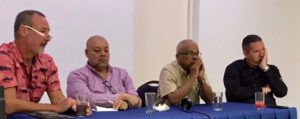
Panelists from left to right: Wim Romeijn, Boi Antoin, Bubui Cecilia, and Ahmed Ayubi – photo: Caribbean Network
Training
All the panelists and the public are open to better training and a framework for better and independent journalists. With help from the public broadcasting service. Because the local press outlets can’t determine the essentials of this framework themselves, like a code of conduct and an editorial charter. There should also be a hard line between advertisements and journalistic pieces. And no political influences.
One of the members of the public said that it should be impossible for a journalist to interview a politician while wearing a political T-shirt. “You notice that some radio stations invite some politicians to speak three or four times, and give them all the time in the world to do so. And that others never get invited.”
‘Council members still have to learn new things. That’s also the case with the press’- lieutenant governor Edison Rijna
Frans Jennekens, head of diversity for the NTR says that Caribbean Network wants to foster new talent. “The medium should grow into a network of independent journalists.”
The panel and the public encourage this. Journalists on Bonaire are very interested in the Unesco Media Masterclasses that were given in 2013 on Curaçao by, amongst others Renske Pin, on behalf of Unesco. Pin was the keynote speaker during the celebrations on Bonaire.
Lieutenant Governor Rijna as a final point mentioned that training is needed. “We’ve only recently gotten a code of conduct for local council members. So that a council member can’t be an importer of paper. Council members still have to learn new things. That’s also the case with the press.”





